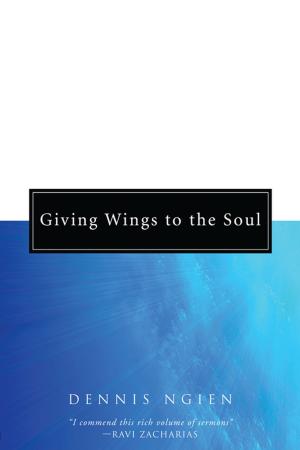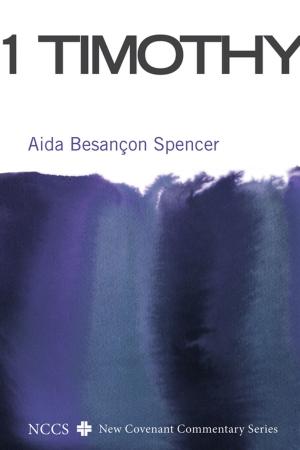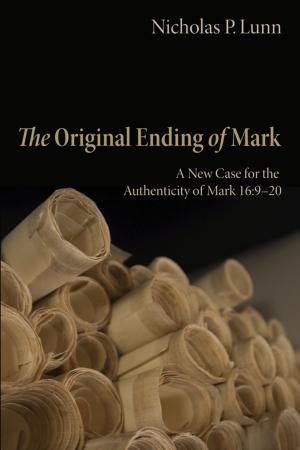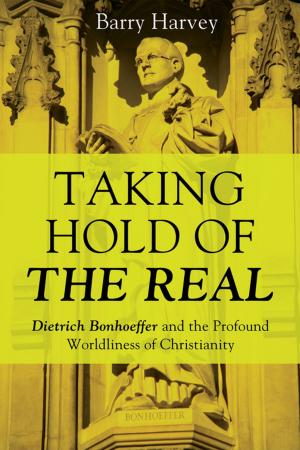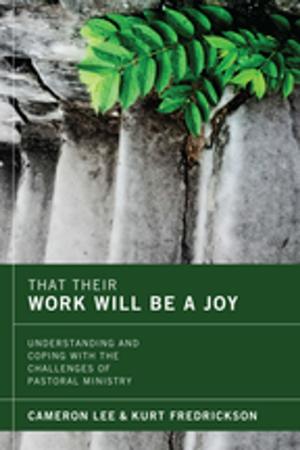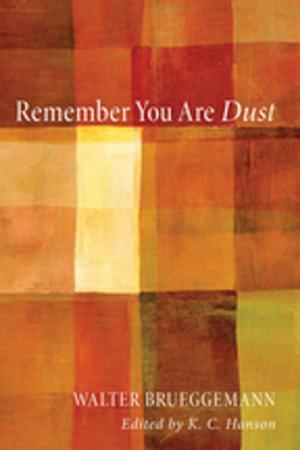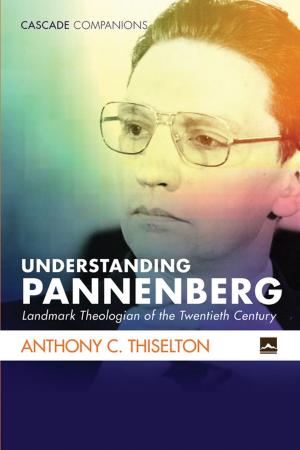The Philosophy of Literature
Four Studies
Nonfiction, Religion & Spirituality, Philosophy, Ethics & Moral Philosophy, Fiction & Literature, Literary Theory & Criticism| Author: | Donald Phillip Verene | ISBN: | 9781532641756 |
| Publisher: | Wipf and Stock Publishers | Publication: | September 12, 2018 |
| Imprint: | Cascade Books | Language: | English |
| Author: | Donald Phillip Verene |
| ISBN: | 9781532641756 |
| Publisher: | Wipf and Stock Publishers |
| Publication: | September 12, 2018 |
| Imprint: | Cascade Books |
| Language: | English |
The Philosophy of Literature: Four Studies puts forth the question of the extent to which philosophers must go to school with the poets. It begins with a new interpretation of the famous Platonic quarrel with the poetic wisdom of Homer. It brings this question forward through the humanism of thinkers of the Italian Renaissance and the German Idealism of Hegel. It then treats the relation of philosophy and literature in four ways by considering philosophy as literature, philosophy of literature, philosophy in literature, and philosophy and literature. In regard to the first of these, it discusses Jorge Luis Borges's The Immortal, to the second James Joyce's Finnegans Wake, to the third Carl Sandburg's epic prose poem The People, Yes, and to the fourth, Sebastian Brant's Ship of Fools. This work demonstrates that in an area of thought often dominated by fashionable doctrines of literary interpretation, the great works of literature and philosophy remain as permanent residents of our thought and imagination.
The Philosophy of Literature: Four Studies puts forth the question of the extent to which philosophers must go to school with the poets. It begins with a new interpretation of the famous Platonic quarrel with the poetic wisdom of Homer. It brings this question forward through the humanism of thinkers of the Italian Renaissance and the German Idealism of Hegel. It then treats the relation of philosophy and literature in four ways by considering philosophy as literature, philosophy of literature, philosophy in literature, and philosophy and literature. In regard to the first of these, it discusses Jorge Luis Borges's The Immortal, to the second James Joyce's Finnegans Wake, to the third Carl Sandburg's epic prose poem The People, Yes, and to the fourth, Sebastian Brant's Ship of Fools. This work demonstrates that in an area of thought often dominated by fashionable doctrines of literary interpretation, the great works of literature and philosophy remain as permanent residents of our thought and imagination.


